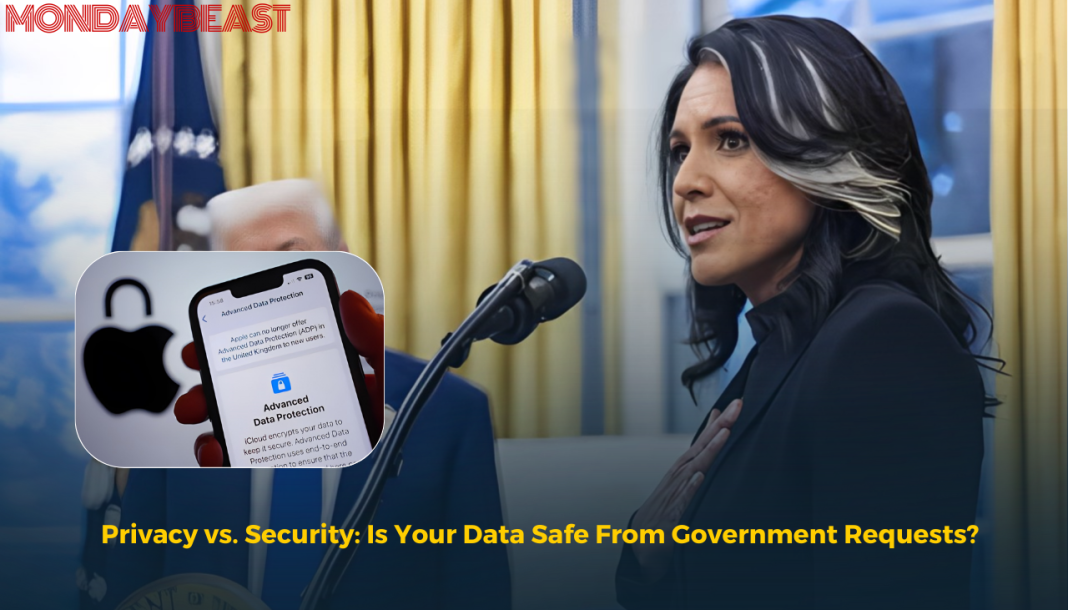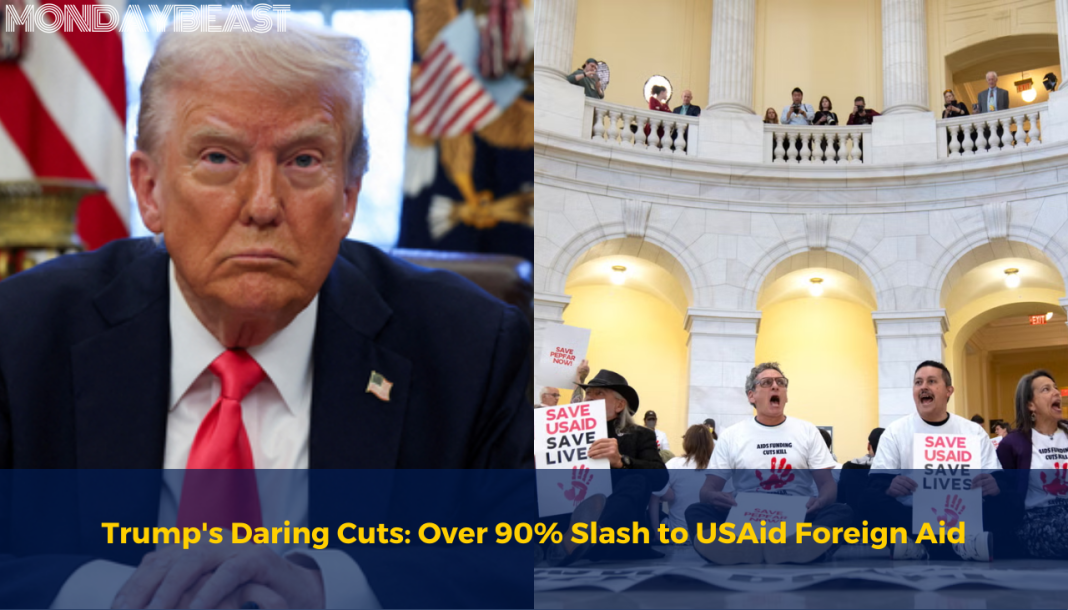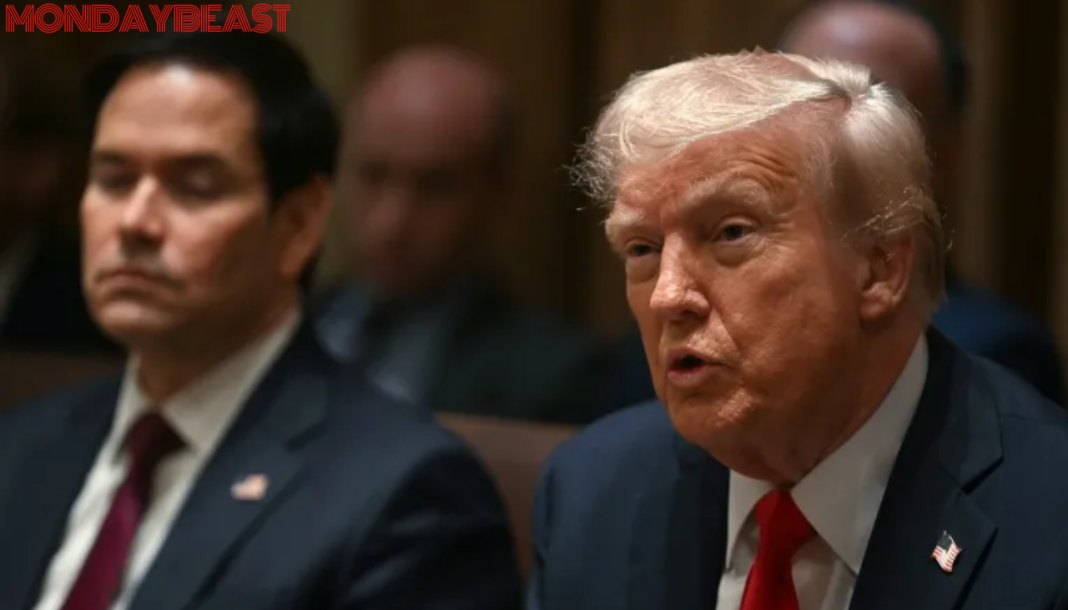The Clash Over Privacy and Security
What happens when your privacy clashes with the demands of national security? Are tech companies like Apple caught between a rock and a hard place? These questions take center stage as experts raise concerns about a recent demand from the UK government to access encrypted data. The new U.S. Director of National Intelligence, Tulsi Gabbard, has stepped into this heated debate. Her thoughts on the matter may surprise you.
In a letter that turned heads, Gabbard condemned the UK request for a backdoor into Apple’s iCloud. She proclaimed it an “egregious violation” of American privacy rights. Imagine your personal data being accessible to anyone—an unsettling thought, right? This isn’t mere speculation; it’s a serious concern, touching on fundamental civil liberties that we all hold dear.
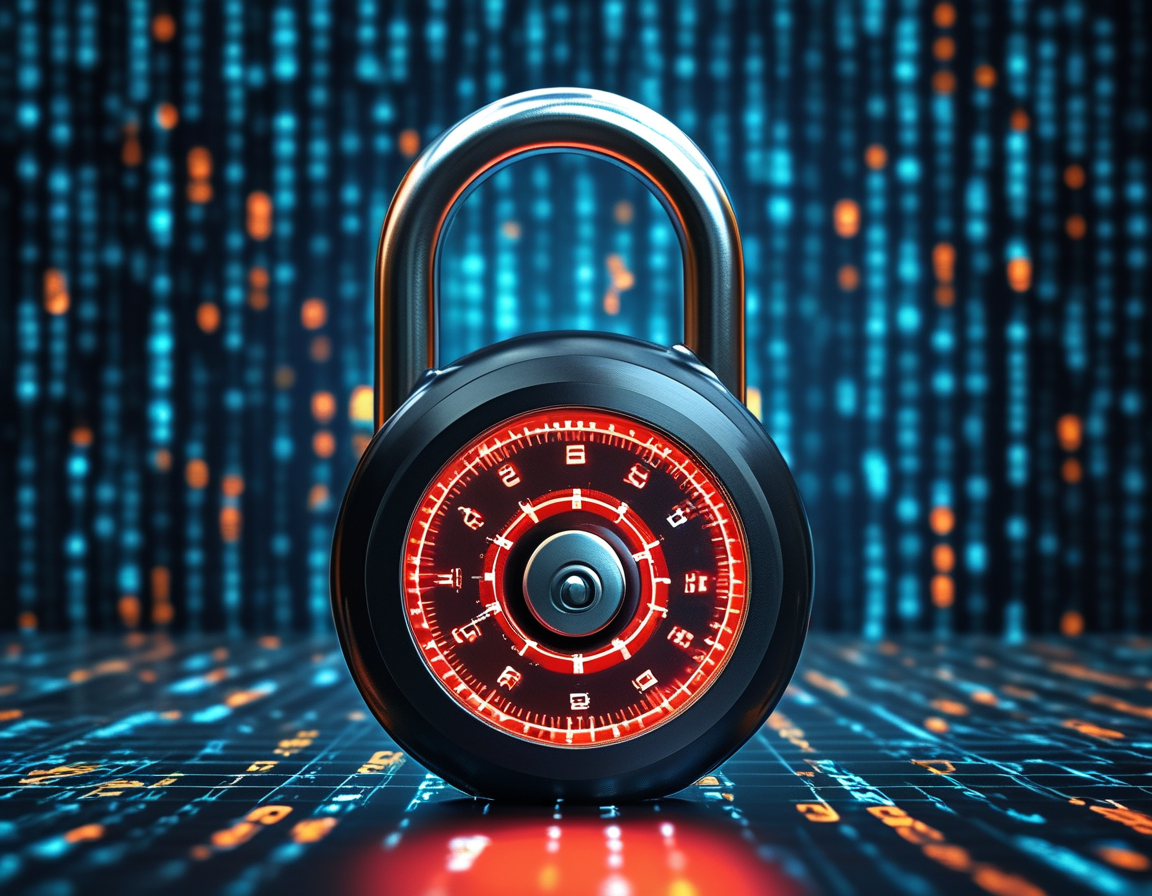
The timing of Gabbard’s comments raises eyebrows, especially as they follow a letter from U.S. lawmakers expressing similar fears. What does this mean for Americans? One word: vulnerability. Gabbard warned that such demands could lead to serious risks from adversarial actors exploiting these backdoors. Hence, the clash isn’t just a debate—it’s about safeguarding our collective future.
Historical Context: The Stories Behind the Statistics
The financial crisis of 2008 and the revelations from Edward Snowden in 2013 highlight the long-running tension between privacy and national security. People have become increasingly aware of what governments could access. Public opinion has evolved too. Many now prioritize personal privacy over expansive security measures. This brings us back to Apple, who has made headlines for its privacy stance.
But Apple’s refusal to create backdoors isn’t new. In 2015, the tech giant famously stood its ground against the FBI. They refused to help unlock an iPhone involved in a terror attack in San Bernardino. For consumers, it becomes a question of trust: Can they rely on a corporation to protect their data? Several experts argue that Apple’s assertion of privacy in the face of governmental pressure illustrates a growing resistance. Does this stance resonate with you?
The Legal Implications of the UK’s Request
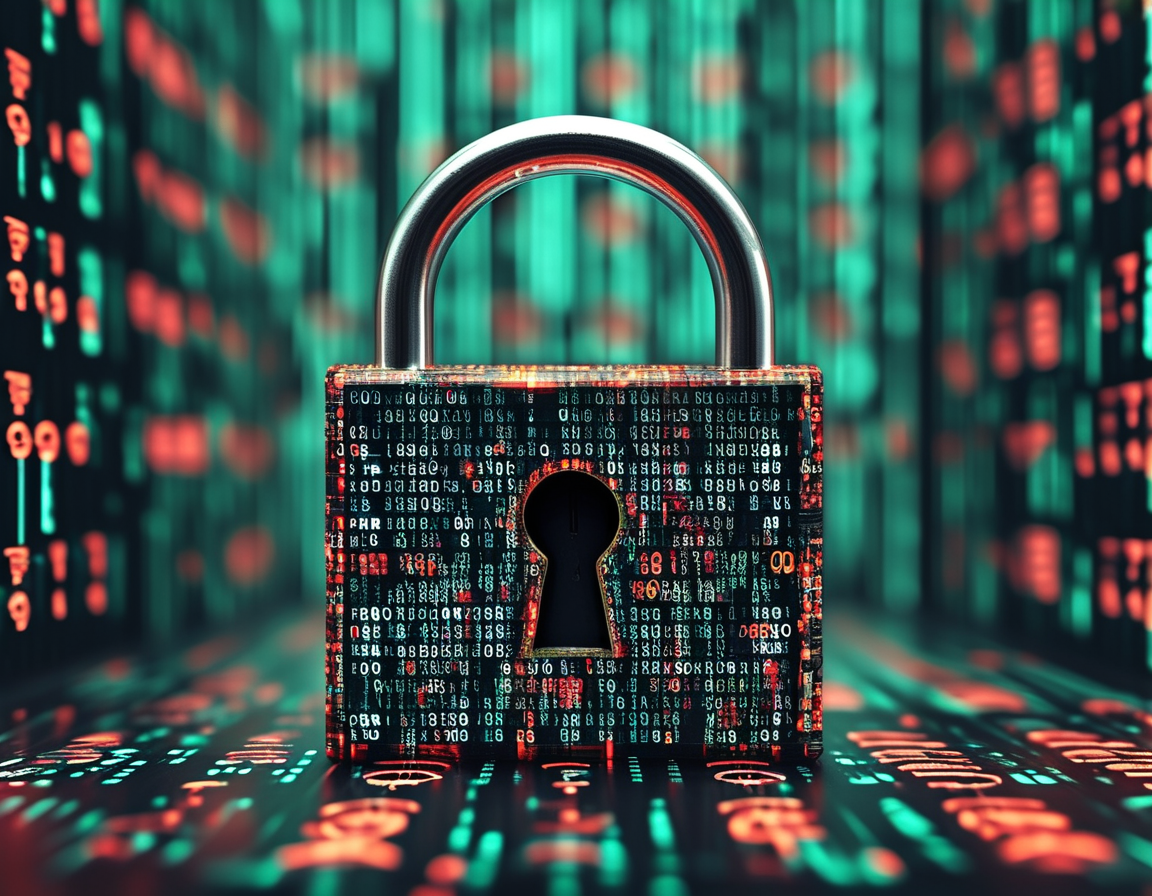
Is the UK’s request a valid step toward security or an overreach? Legal experts are still hashing this out. Gabbard has reached out to U.S. security agencies for insights into the implications. The potential for a legal battle looms large, given that the Cloud Act prohibits foreign governments from dictating U.S. data policies. What role do bilateral agreements play? This is where the puzzle becomes intricate.
As it stands, Gabbard’s team is contemplating the ramifications of this demand. The stakes are high; a misstep could undermine agreements in effect. The public deserves clarity. The lack of transparency is disconcerting, particularly for a nation built on democratic principles. It seems crucial to tread carefully in these murky waters.
The Personal Impact: What’s at Stake for Americans?
The crux of the matter is straightforward yet alarming—what does this mean for everyday Americans? Many rely on Apple’s services to store precious memories and vital information. Imagine the horror of knowing that someone could snoop on your memories or sensitive conversations. Suddenly, the convenience of cloud services feels like a double-edged sword.
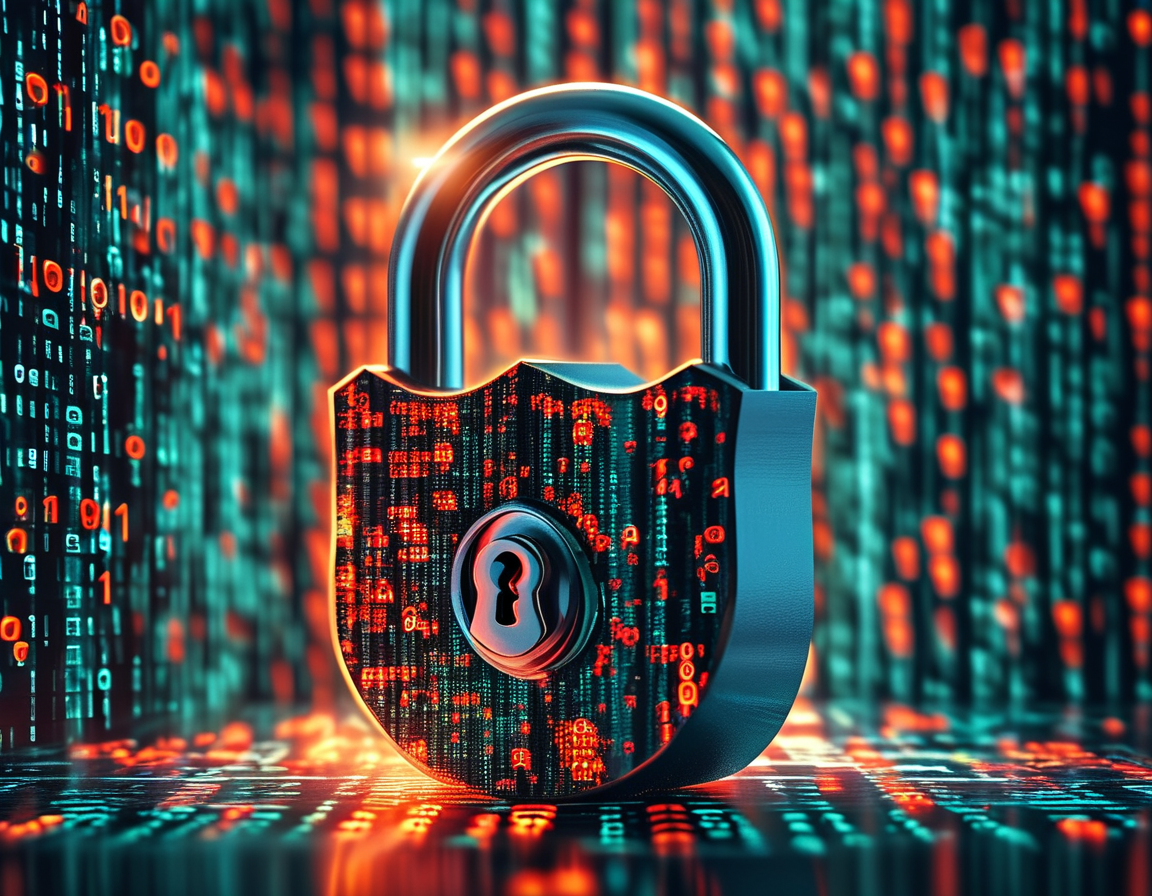
As technology evolves, so does the challenge of keeping our information secure. Citizens across the U.S. have expressed their concerns, questioning whether data privacy will become a relic of the past. The thought stirs a mix of frustration and helplessness. With each passing day, new developments in technology outpace our ability to safeguard our digital lives. It leaves us asking: will our voices be heard?
Next Steps: What Should Be Done?
So, if you care about your privacy, what can you do? Awareness is the first step. Keep abreast of ongoing discussions and advocate for policies that protect digital rights. Gabbard’s stance against the UK’s request showcases the need for vigilant public discourse on these issues. As citizens, we should demand accountability. Our digital lives are just as important as our physical ones. How will you engage in this conversation about the implications for privacy and security?
In conclusion, the Apple and UK dispute touches every one of us. It confronts our fears of losing control over how our private lives are handled. So what side are you on in this debate? Think about it. What’s at stake may very well shape the future of digital privacy.

